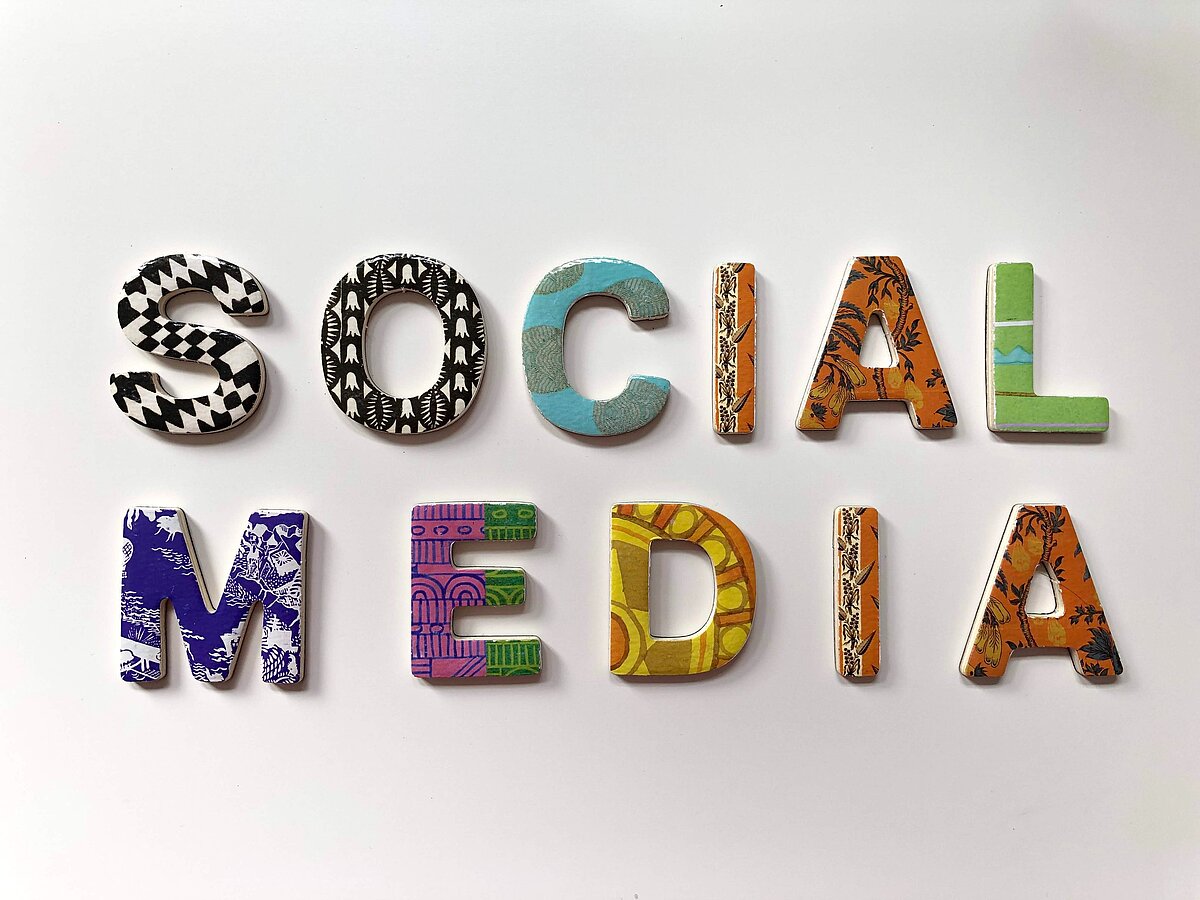The first trend is the redefinition of ad targeting:
Apple is making great strides in protecting the privacy of its users, in fact iOS 14 has introduced new tracking policies that are having a considerable impact in the world of digital advertising.
Apple has flipped the script on the IDFAs and disabled them all by default, so users will have to manually decide whether to join or not; this change was just the beginning, in fact even Google and the governments themselves are pushing more and more for further protections of online privacy.
This means that the data a company collects from social platforms will be less valuable than it once was, identifying the urgency to come up with a social spending strategy that incorporates more contextual targeting in preparation for the increase in users who opt out of tracking, with campaigns. which will be based on a set of "best guesses" about where these users will go and what they will be interested in.
Trend 2 is expected participation in social movements:
2020 was an important year for social movements, remember Black Lives Matter, diversity / inclusion, LGBTQ + and workers' rights.
The Millennial and Generation Z audiences no longer expect mere support from afar, through advertising campaigns from companies, but their effective participation.
The fight against "slacktivism" (a union between slacker and activism used to describe lazy activism) is increasingly widespread, as users are very adept at identifying insincere or superficial attempts to associate a social movement in order to increase sales.
Trend 3 is ever-increasing influencer marketing:
With millions of people around the world locked in their homes during the pandemic, this career path has continued to thrive.
The growth of short-form content, particularly short videos through the use of Instagram, TikTok and Snap Chat, allows you to connect with thousands or potentially millions of customers in seconds. Even YouTube shorts have opened the door to quick and exciting new ways to market a brand, using trusted and trustworthy spokespersons. Influencers with a subscriber audience from 10,000 to 250,000 followers have greater engagement, spread a message within everyone's reach, concrete and capable of creating a direct connection with a brand.
Trend 4 is the need to create real content:
Millennials and Generation Z aren't looking for fancy slogans, and they certainly don't want to hear condescending messages about their age, tastes and interests. They want to hear from companies a sincere understanding of their desires, their humor and their place in the world, with true content. The audience will reward this outspoken attitude with clicks, conversions, and loyalty.
Trend 5 is growth of e-commerce on social media:
Thanks to the COVID-19 pandemic, the growth of online shopping has exploded in popularity, resulting in
the opening of new e-commerce platforms also on social networks: Facebook Marketplace was a huge success during the pandemic; Instagram (also owned by Facebook) has launched its redesigned shopping features to allow sellers to list their products using their attractive interface, while businesses continue to link to their product pages, allowing users to shop. produced by companies without leaving Instagram using their payment function.
This trend means that companies now have more avenues than ever to make a sale, reducing the buying process and showing the community's feedback and experience directly to future customers, increasing brand awareness and brand engagement.
If you are looking to stay up to date with the latest social media news and best business practices, contact E-Business Consulting, a digital marketing agency active since 2003, and request a free quote!














